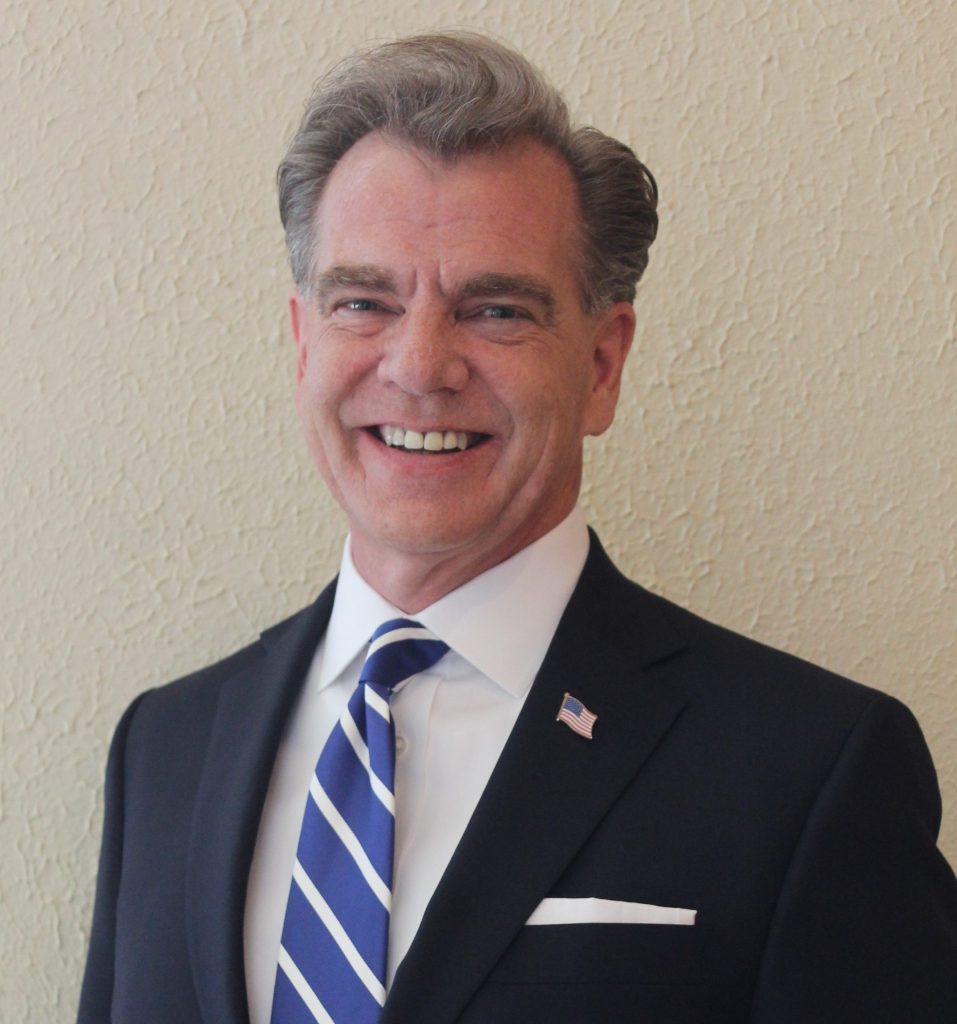By Paul T. Conway, AAKP Board of Director, Chair, Policy & Global Affairs
It has been nearly two years since AAKP began experimenting with voter registration efforts among our patient base and a wide community of patient families, friends and allied medical professionals, including social workers, medical professionals and researchers. During that time, AAKP has invested resources in highly sophisticated tools that make it easier for you to make your opinions known on social media, help us exponentially expand our databases and – register patients and their social circles to vote as “Kidney Voters”. In 2018, AAKP patients registered to vote in absolutely stunning numbers and at least in two states, Florida and Nevada, kidney patients voting their voice for patient choice and in opposition to the Dialysis Patients Demonstration Act made a substantial impact in the final statewide results. On July 4th 2019, AAKP launched the largest voter registration drive in the history of kidney community – and we have the capacity and the intention to help register well over 100,000 kidney patients and their social media circles before the 2020 election.
AAKP has a long-established history of being bipartisan in our relationships, as well as vigorously non-partisan in our deliberations and actions as a national non-profit educational and advocacy organization. During the course of any given week, AAKP leadership is on Capitol Hill, at the White House or in an Executive Branch agency talking to elected and appointed leaders who have absolutely nothing in common – and often nothing positive to say to one another – except for their shared concerns for kidney patients and the amount of suffering caused by this disease. As our AAKP Founders demonstrated, kidney disease is a tremendous catalyst for bipartisan action. This is affirmed by the fact that President Richard Nixon signed the modern dialysis coverage legislation into law in 1973 following over a year of bipartisan action on Capitol Hill related to social security legislation and provisions that would enable all Americans with kidney disease access to dialysis care (notably, and as originally intended, as a life-saving bridge to kidney transplantation).
So, if AAKP is bi-partisan and nonpartisan – why have we undertaken voter registration? Part of that answer is that we are honoring our proud history of advocacy by making certain every patient exercises their full right as a citizen – to both raise their voice and to vote. But the other part of that answer is that AAKP, and most kidney patients we talk to across America, are sick and tired of having other people speak for us and about our need for a voice and choice in our own life-saving kidney treatments and the innovations that are presently available to some patients. This is especially true as it relates to a narrow band of special interests and Washington, D.C. lobbyists within the kidney community who purport to represent a patient voice, but instead are merely hired to represent the even narrower interests of corporate executives and some of their corporate shareholders. To be clear, there are many times when all shared interests can align on policy and legislative issues, are not mutually exclusive and collaboration is both sought and welcomed by AAKP. However, there are other times, especially over the past three years as a bipartisan Congress considered and then rejected multiple times the failed, anti-patient choice Dialysis PATIENTS Demonstration Act, that the only thing that stood between you as a patient and bad policy was the organized and independent voice of kidney patients, elevated and amplified by AAKP.
We know the independent patient voice has become a far stronger force in national policy – and we know that you as a patient consumer and member of AAKP have a far greater and disproportionate impact on elected officials and the decisions they make your behalf than any lobbyist with a PAC check. Why? Because you can vote – and you can influence how others vote too as you communicate your opinion about how your elected officials are serving you and protecting your consumer choice and voice in Washington, D.C. in the battle against kidney disease.
We encourage you to stay engaged with AAKP as we head into 2020 – we will provide you with substantial information on the key policies that help advance the fight against kidney disease and the policies that might negatively impact your access to important innovations. We will also educate you on the key officials behind these efforts. We are not asking you to change how you vote or who you vote for – the power of AAKP rests in our diversity, including the political and philosophical diversity among our patient members. But what we are asking is that as much as you may consider yourself a kidney patient – consider yourself also a Kidney Voter and let your elected officials, in Congress and the White House, know you are watching what they do to help kidney patient consumers and that you expect your opinion as a patient consumer to be treated respect and seriousness.
Regardless of where you are on the political spectrum, one recent fact highlights the importance of our shared American right to vote. The 2016 election was largely determined by roughly 77,000 votes – for perspective, in 2020, AAKP is well on our way to registering 100,000 Kidney Voters. Your voice and your vote matters – and you have a duty to inform yourself on the issues – and to vote.
Mr. Paul T. Conway serves as Chair of Policy and Global Affairs; Immediate Past President of AAKP. Mr. Conway has managed kidney disease for thirty-seven years, including more than two years on dialysis and, for over twenty years, as a kidney transplant recipient. He is actively involved in multiple patient-centered national health care transformation initiatives aimed at increasing the inclusion of patient preference information (PPI) and patient reported outcome (PRO) data across Federally-administered and funded programs and evaluation processes.

























